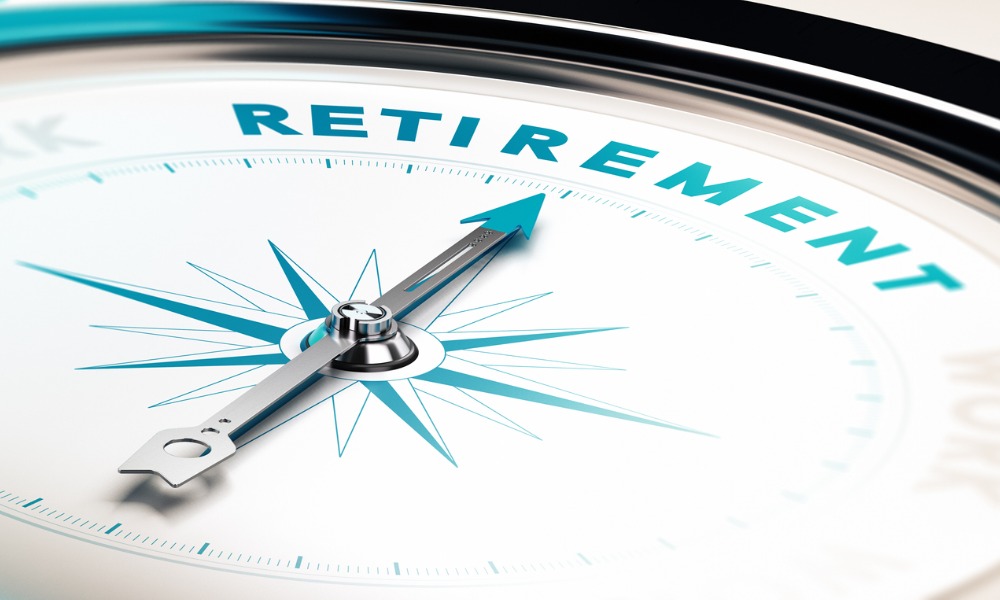85% of Gen Z employees are seeking retirement benefits when looking for a job

Gen Z employees showed more interest in retirement plans compared to their older colleagues, as reported by BenefitsPRO.com.
These employees hold different values and perspectives than their predecessors which make them less afraid to ask for what they want out of their work and are not hesitant in looking for other jobs that would provide more benefits for them.
A Harris poll showed that 85% of Gen Z employees surveyed said that retirement benefits are a key factor for them in the next time they look for other jobs. A report by Vanguard showed that 32% of Gen Z employees are more likely to invest in the retirement plan provided by their workplace compared to their older colleagues.
On average, Gen Z employees invest about 14% of their income towards retirement which is 2% higher than other generations, a 2022 study by BlackRock said.
With the rising cost to cover health care expenses of retirees, the amount that Gen Z would need by the time of their retirement would be far greater than the $674,000 that a couple retiring today would need.
Health savings accounts (HSAs) and a high-deductible health care plan can help employees prepare for their expenditures upon retirement. Employers can utilize this in order to help their employees to be better prepared for their future.
Employers can make their employees contribute to HSAs by default while also providing them with the option to opt out or modify their elections. They can also design matching strategies that encourage workers to invest in HSAs while simultaneously cutting their costs.
One of the most powerful levers that employers can utilize to encourage employees to use their HSAs is to match contributions. Matching contributions can be facilitated through simple adjustments and give benefits to both the employer and employee as contributions are made through the Cafeteria Plan, an employee benefit plan that allows employees to choose benefits they can add into their basic pay.
Funds contributed by employees through the Cafeteria Plan can provide payroll tax savings to their employers while also allowing workers to take charge of their HSAs through offering a higher perceived value for the high-deductible health plan.



